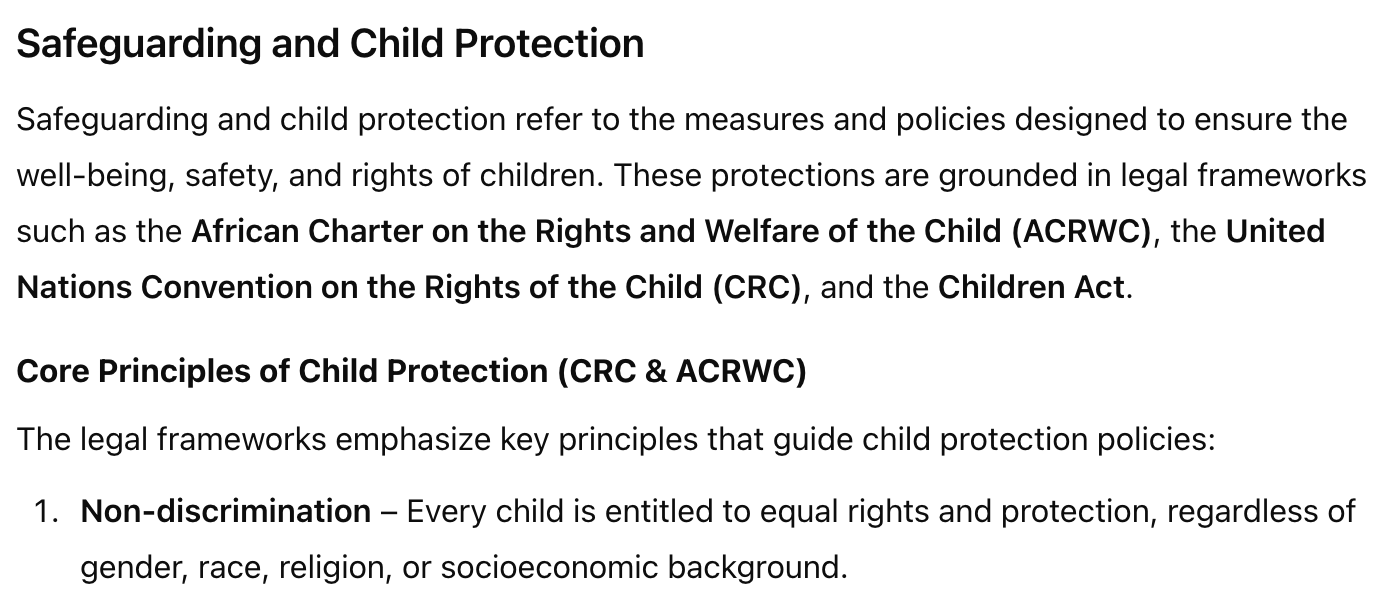Vitendawili are traditional Kiswahili riddles used to challenge the mind and entertain. Below are some vitendawili na majibu for Grade 4 learners:
Nina jicho moja, likitazama chini likiona, likitazama juu haliioni.
Jibu: Shimo
Mtu mzima analala na watoto wanasimama.
Jibu: Mizani
Chombo chenye mdomo lakini hakiwezi kusema.
Jibu: Mtungi
Kuna kitu kina meno, lakini hakiwezi kutafuna.
Jibu: Uma
These riddles help students in Grade 4 develop problem-solving skills and learn Kiswahili language patterns.
Vitendawili are great for helping younger students, such as those in Grade 3, improve their Kiswahili comprehension and critical thinking.
Ng’ombe wa maziwa lakini hana miguu.
Jibu: Wingu
Ni nani hula na meno ya watu?
Jibu: Miko
Wazazi wote wawili wako, lakini mtoto hakusikia kitu.
Jibu: Yai
Ninalala na kuamka, lakini siendi popote.
Jibu: Kitanda
These vitendawili are simplified to suit the Grade 3 level and challenge them in a fun and engaging way.
You can easily download Vitendawili na Majibu Yake PDF to access a wide variety of riddles and their answers. This resource is perfect for educators and parents who want to help their children practice Kiswahili. Download here [Link to PDF].
The PDF contains:
Vitendawili carry deep cultural meanings in Kiswahili tradition. Here are a few vitendawili na majibu with their meanings:
Maji haya maji lakini hayaogeshi.
Jibu: Mvua
Meaning: Rain is water, but unlike other water sources like rivers or lakes, it doesn’t wash directly, it falls from the sky.
Kitu kina macho lakini hakiwezi kuona.
Jibu: Sindano
Meaning: A needle has an “eye” (a hole where the thread goes), but it cannot see like a human eye.
Understanding the meanings behind these riddles helps learners appreciate their cultural and linguistic value.
Some traditional Vitendawili are sung in a lyrical format during cultural ceremonies or children's games. Below are examples of such vitendawili na majibu that carry a musical tone:
Kikapu kimejaa maji?
Jibu: Wingu
(This vitendawili can be recited or sung to add rhythm during playtime.)
Ukitaka kula lazima uvae suruali.
Jibu: Ndizi
(Often sung during riddling games, children would chant this in unison.)
These lyrical riddles make Kiswahili fun to learn and are commonly used in group activities.
Here is a list of common vitendawili na majibu yake kwa Kiswahili:
Mbio zake si za kawaida, lakini hazisogei.
Jibu: Saa
Ana miguu minne lakini hawezi kutembea.
Jibu: Meza
Ana macho mawili lakini haoni.
Jibu: Sanamu
These riddles are deeply rooted in Kiswahili tradition and help speakers of all levels sharpen their language skills.
Here is a list of 100 vitendawili and their answers that can be used in various settings, from classrooms to family gatherings:
Nguo yangu inamwagika, mimi siogopi.
Jibu: Wingu
Punda ameketi juu ya jiwe.
Jibu: Parachichi
Jamaa wawili wanapigana, mmoja ana kisu, mwingine ana mwiko.
Jibu: Mbao za jikoni
This extensive collection of vitendawili helps learners and enthusiasts dive deep into Kiswahili culture.
Grade 6 students can enjoy a higher level of complexity in vitendawili. Here are some tailored for their level:
Nina chombo, si gari, si pikipiki, lakini hukimbia zaidi ya magari.
Jibu: Wingu
Ana kipande cha mkate lakini hataki kula.
Jibu: Siri
Mti mzuri lakini haufai kuni wala hema.
Jibu: Nyumba ya tembo (sanduku la posta)
These riddles help build critical thinking and language skills for Grade 6 students.





